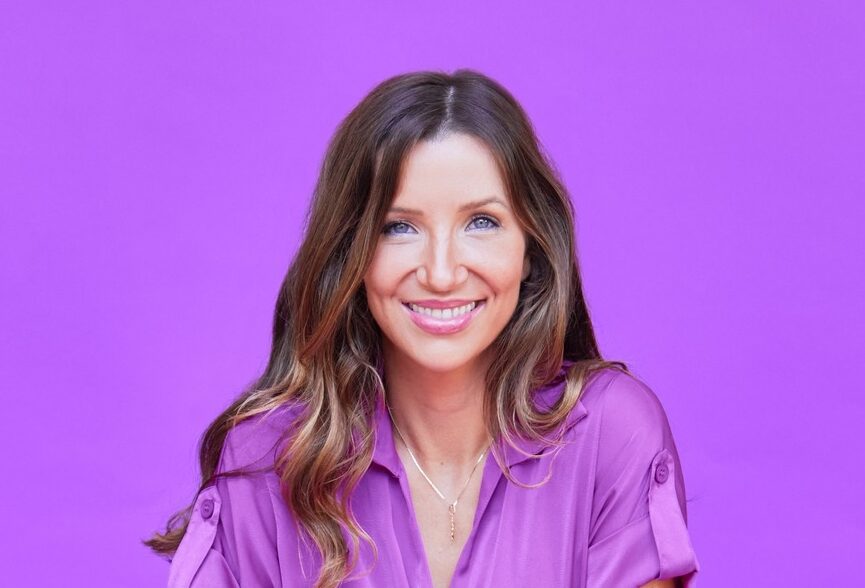
The importance of creative resilience
“It is creative resilience that has allowed me to share, express and feel.”
My name is Angelique Marya Bolding.
When we are asked, ‘who are you?’ We often answer who we are as professionals or what we do in our careers. I get caught up because I’m so many different things… I’m an artist, creator, connector, wannabe mermaid and so much more!
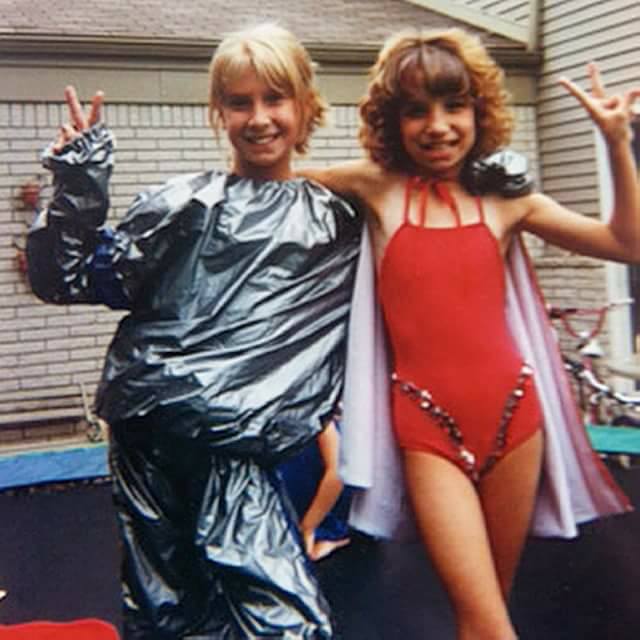
I have worked in the brand marketing world; and I have a background in broadcasting and communications. Most recently I’ve been leaning more into the wellness space.
I’ve been a certified yoga instructor for 7 years and I have begun to pair my mindfulness teachings with integrated health and wellbeing coaching.
I grew up in the suburbs of Detroit. My father was a New Yorker and this global guy. He was in the military before and travelled around. My mum’s family immigrated from Poland in the early 1900’s.
When I was born, my mum was 36 and my dad was 57. It was an interesting dynamic when I was growing up because my parents had lived so many different lifetimes before they had me.
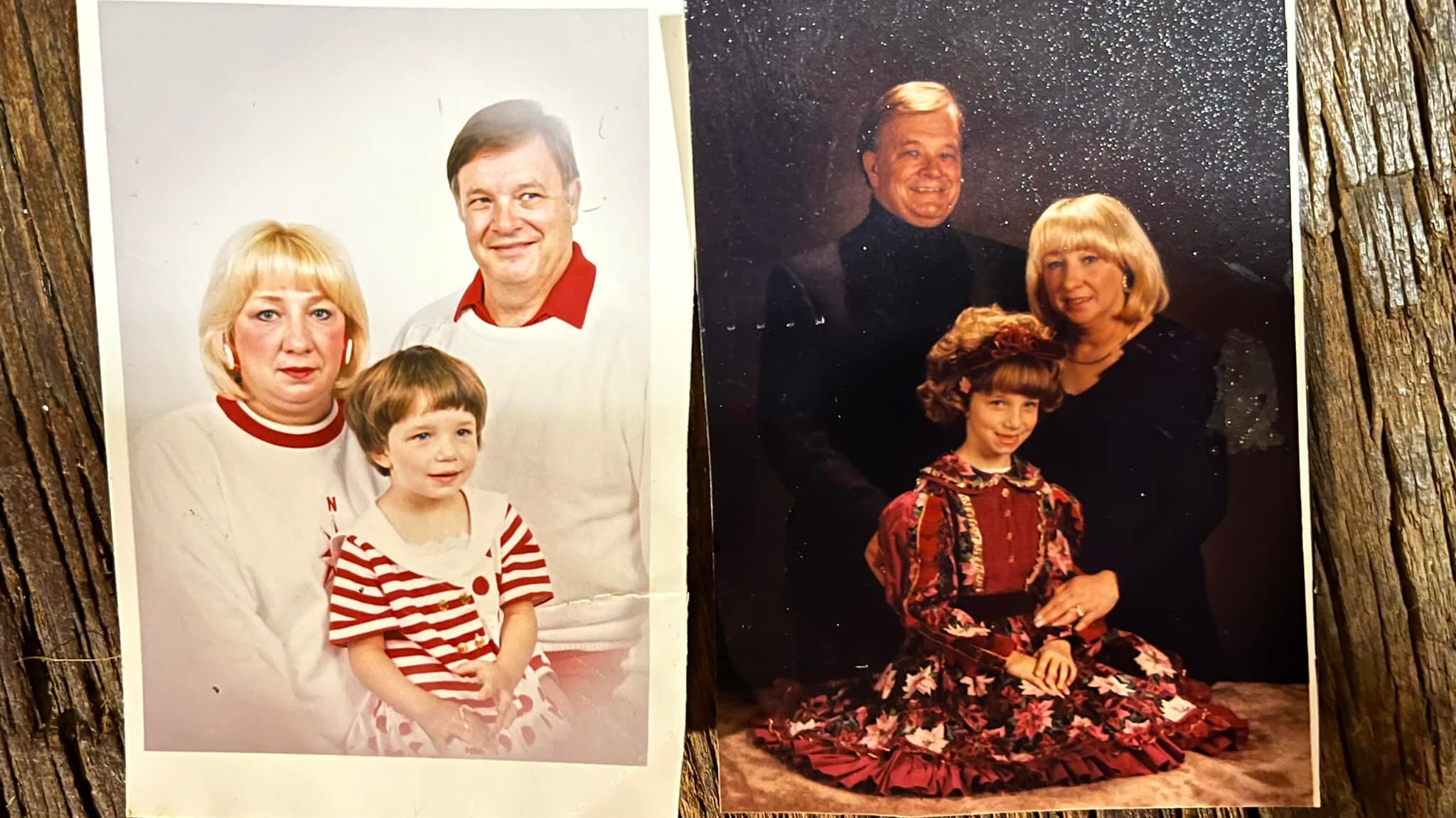
I felt like I was the baby, but also kind of the only. I was in this weird intergenerational space because my siblings were far older, and my cousins were also far older; but my second cousins were much younger.
So, it was this weird space, but I was also very lucky because where I lived was close to all my school friends. Particularly the houses surrounding mine were lived in by my childhood best friends who I am still friends with today.
There were about 12 friends scattered around the neighbourhood and we all went to a private catholic school from 1st to 12th grade which was just a few blocks away.
When I say that I was raised by this community I mean it. My parents were deep into their careers at this time, and they were quite hands-off. It was the community that I feel raised me and showed me a whole different slew of perspectives.
When I look back, I feel extremely grateful. I never did without. Having friends, community, the church community and the Polish community. I was surrounded by very family-oriented individuals.
However, there was a shift at around age 10 to 12 because my dad was retiring. He also lost both his parents and my mom lost her mother. I don’t think they sheltered me from much because I saw the impact it had on my mum.
Sometimes I wish they had been around more too. They would leave me home alone at age 8 or 9 and they said that it was just the Polish way. My girlfriends and I had a blast at that age because everyone would hang out at mine.
As an adolescent with so much freedom, I didn’t always have my parents there to support me when I needed them to. Or I didn’t have them often just to sit down to dinner and things like that.
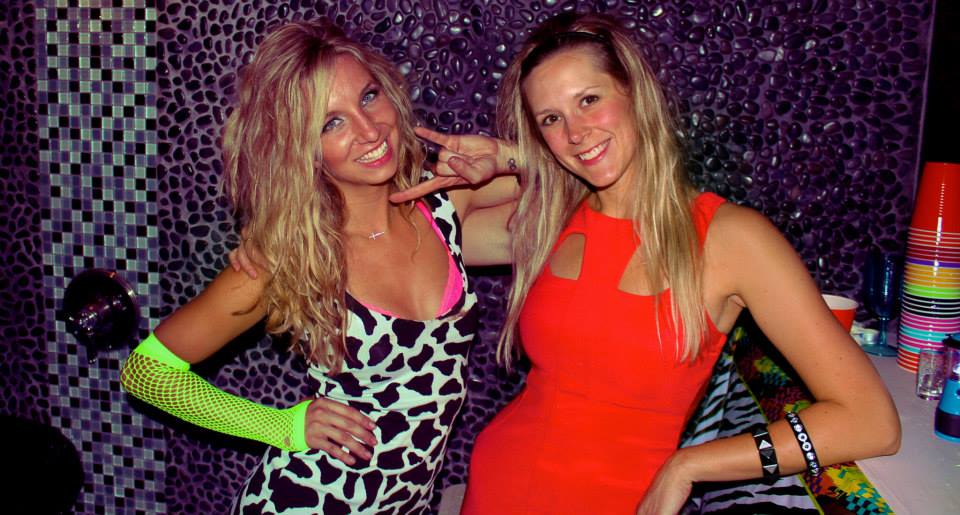
I think that was something that hindered me and made high school a difficult time because I had to learn a lot of hard lessons by myself.
It was tough to deal with this kind of emotional detachment and my mum would have these highs and lows in her emotions.
My school counsellor in the end advocated for me to leave my hometown and go away for college.
College gave me perspective. I was able to take my independence that I had learned, and I was given space to look back on what happened.
I looked back and saw my mum as a wonderful human being that tried her best for so many people; but didn’t often show up for herself or for her immediate family.
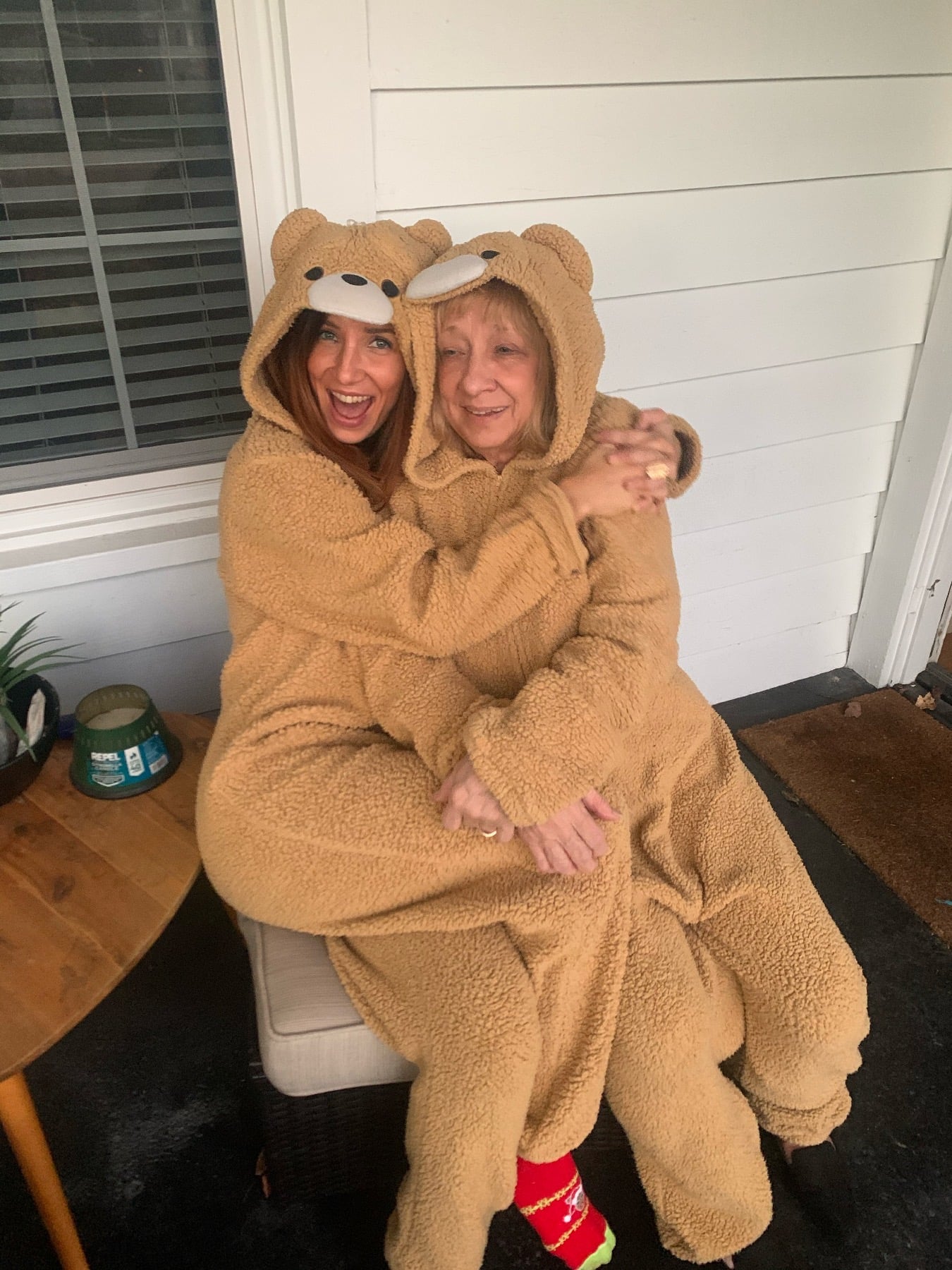
In the last several years of my mum’s life she had been diagnosed with frontotemporal dementia.
This is something that explained so much of what she was going through. I think it gave me some answers to why she was the way she was and to understand our mother-daughter relationship.
In other words, it was her diagnosis that helped me in my healing process because it gave me something else to blame other than her.
It was a fight to get her to the doctors and get her to believe those doctors. So, there was this period when I was a young professional when I spent a lot of time thinking how much I didn’t know how to help her.
Her disease as it progressed was like seeing a flip in a person, but it wasn’t until 2019 that we finally saw what was more categorically defined as dementia.
The main thing that we saw was that she was getting lost.
There were so many times when I tried to seek support for her, and it fell upon deaf ears.
I was also looking at a mental health system here in America that was touchy. We would have doctors that would say that they could unfortunately not help until the next catastrophic situation.
When she was finally diagnosed it explained a lot of the personality flips because the specific component of her disease was behavioural.
I would say my experience has increased my empathy for families that this kind of thing impacts.
I also strongly believe now that something needs to change in America when it comes to mental health.
Creativity and art are the things that I believe have saved me. It is creative resilience that has allowed me to share, express and feel. In every period of my life that has been my therapy.
The term creative resilience is a term I like to use to put a better name to the term ‘identity crisis.’ There are lots of identity shifts that happen in our life that ask us to reinvent ourselves.
It asks, ‘Is there a way to express yourself that helps you build on the next evolution of yourself?’
I want to take the bad things I go through and make it better. If I can help others along the way, even better.
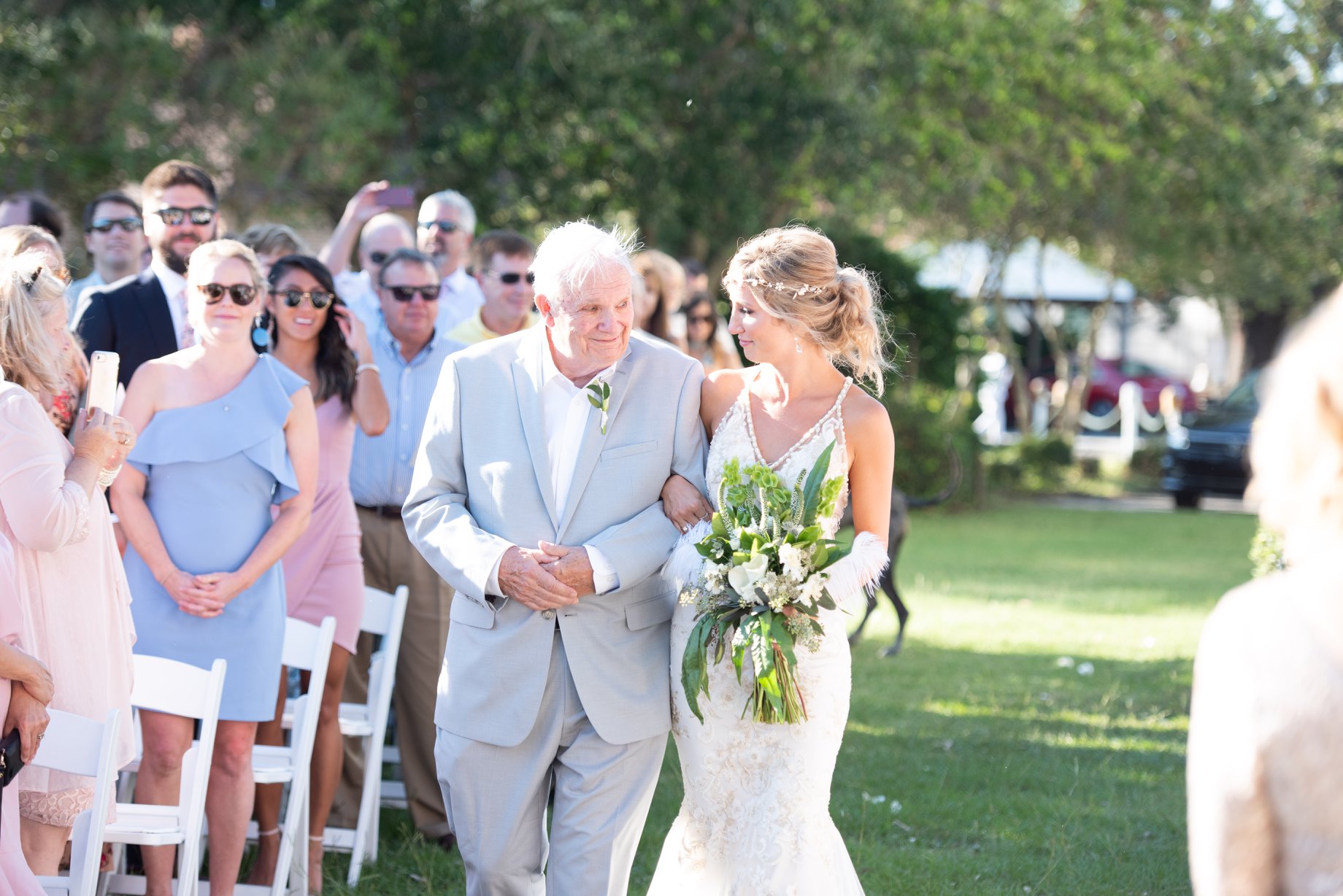
When my mum passed, my dad passed too just 6 weeks later at age 87. It has been this interesting period of grief that has brought around this new creative resurgence in me.
I can finally recognise that this has been my therapy and how many other people need this kind of space to elevate their creativity for therapy.
If we were to advocate more for the arts, I wonder how much that can help people. My work right now is dedicated to learning about behaviour change and combining that with creative resilience.
So, my entrepreneurial journey is about doing my own inner work as well as helping others.
I want to help our professionals be their whole selves because these are the people that show up in our boardrooms and make decisions that can make change to the world.
The business concept I’m building is a wellbeing concierge. This allows space for professionals to be their full selves and be rewarded for doing so.
With my business we have gone from doing retreats and in-person experiences in 2019 and now we are working to revitalise the concept as a community platform.
In America, we still have stigma about so much of what I’ve talked about. For example, I’ve met so many people who have found talk therapy too uncomfortable, but medication works well for them.
We live in a medicated society, and I understand how important it is to have it as a resource but we still all must do the work.
I hope we are at a tipping point in culture where we realise our mental health is a non-negotiable.
This blog was written by Ava Goldson, based on the interview with Tales to Inspire.